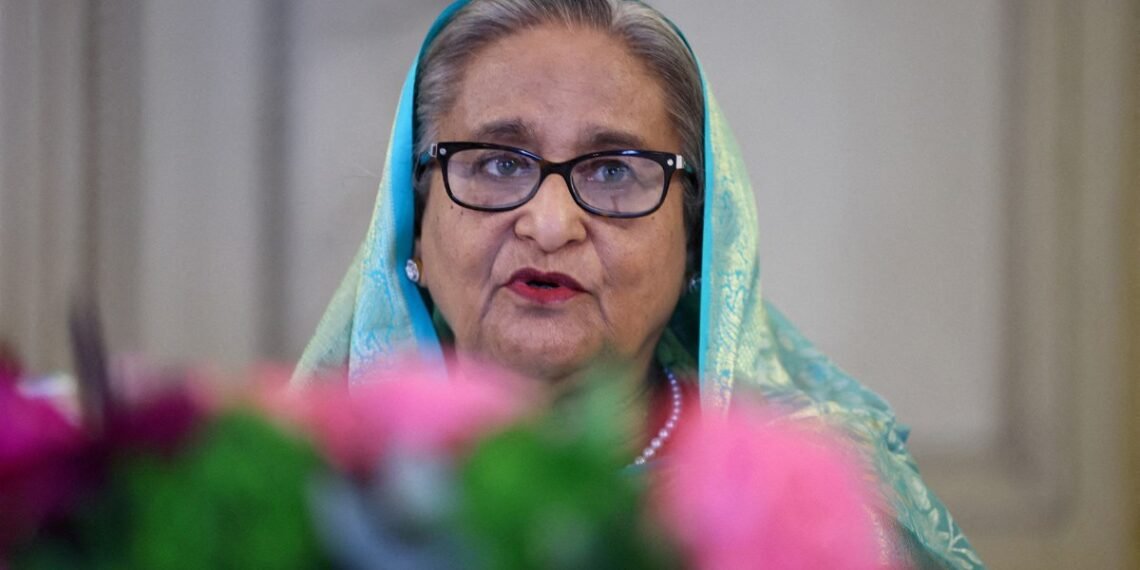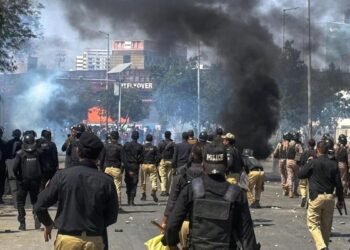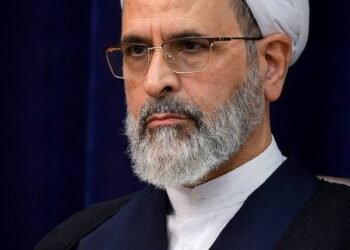India has prolonged the visa of Bangladesh’s ousted Prime Minister Sheikh Hasina, who has been living in the country since August of the previous year, sources revealed. The action takes place amid increasing requests from the interim government in Bangladesh for her extradition.
Sources, however, contradicted assertions by Hasina, who escaped Dhaka on August 5 during intense student protests, about receiving asylum. They explained that India does not have dedicated laws for providing asylum and emphasized that her visa extension should not be seen as a step toward granting refuge.
“A source mentioned, ‘This is solely a technical addition to support her stay.'” According to sources, Hasina has been residing with high security in a safehouse located in Delhi.”
The provisional government of Bangladesh, headed by Nobel Prize winner Muhammad Yunus, officially requested Hasina’s extradition on December 23. Authorities in Dhaka asserted that Hasina should be prosecuted for her supposed role in violence and disappearances during the 2024 protests, resulting in more than 500 fatalities.
On Tuesday, the immigration department of Bangladesh declared the annulment of 97 passports, which includes Hasina’s. Abul Kalam Azad Majumder, a representative for Yunus, stated it was connected to accusations of enforced disappearances and murders amid the 2024 protests.
“Passports of 22 individuals were revoked for their involvement in enforced disappearances, while 75 others, including Sheikh Hasina, were implicated in the July killings,” Majumder said at a press briefing, as reported by Bangladesh’s state-run BSS news agency.
India currently stands in a sensitive situation. Although Sheikh Hasina’s extended tenure does not pose an immediate risk to bilateral ties, Bangladesh’s request for extradition has made the situation more complex.
The extradition demand arises during a period when Bangladesh’s interim administration faces criticism for its treatment of opposition figures. Critics contend that the revocation of Hasina’s passport and the accusations made against her were politically driven efforts to strengthen control before the upcoming general elections.













